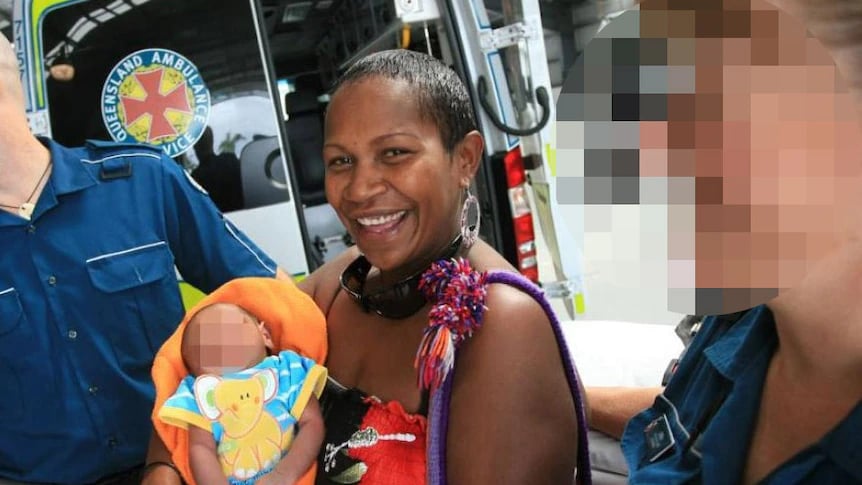A Gruesome Octuple Homicide: What Drove Raina Thaiday to Killing Her Seven Children and One Niece?
What led a 37-year-old mother to commit an unthinkable crime against her own seven children and one niece in cold blood? Explore the chilling case of Raina Thaiday and the unsettling mental health and legal questions it raises.
Mercy Nwankama, CRNP-PMH, MSN
3/31/20252 min read


A Summary of the Case
In 2014, Raina Thaiday, a 37-year-old mother from Cairns, Australia, killed her seven children and her niece in a violent psychotic episode. Thaiday, who had no prior criminal record or history of mental health treatment, had been a heavy cannabis user since her teenage years, consuming up to 20 cones (2 to 5 grams) daily. However, shortly before the killings, she abruptly stopped using the drug and exhibited alarming behavior, including obsessive house cleansing, religious delusions, and erratic preaching to neighbors.
On the night of December 18, she became distressed when her eldest daughter disobeyed her curfew. She roamed the street, speaking incoherently and making ominous statements about harming her children. By the next morning, she had brutally stabbed all eight children to death before inflicting numerous stab wounds on herself.
Upon her arrest, Thaiday claimed she had been given a divine command to "save" her children. After psychiatric evaluation, she was diagnosed with schizophrenia and found not criminally responsible due to an unsound mind. Instead of facing trial, she was committed to a psychiatric facility, where she remains indefinitely. Her case raises questions about cannabis-induced psychosis, delayed mental health interventions, and the limits of the legal insanity defense.
Thaiday’s case highlights the devastating consequences of untreated mental illness and the potential risks associated with long-term cannabis use. Research indicates a link between cannabis and schizophrenia, particularly in individuals with a genetic predisposition. While cannabis alone is unlikely to cause schizophrenia, heavy use can exacerbate or trigger psychotic symptoms, as may have happened in Thaiday’s case. This underscores the need for greater public awareness of the mental health risks associated with substance use.
Additionally, the case raises concerns about the failure of early intervention. Thaiday displayed psychotic symptoms for weeks before the murders, yet no action was taken to secure her mental health care. This demonstrates the urgent need for better mental health education, community intervention strategies, and accessible psychiatric services, especially for individuals exhibiting clear signs of psychosis.
Legally, the case challenges the boundaries of criminal responsibility. While Thaiday was deemed legally insane, questions remain about whether prior drug use that potentially contributed to her condition should be considered in accountability. This raises ethical dilemmas regarding self-induced mental impairment and criminal liability.
Ultimately, the tragedy emphasizes the importance of proactive mental health treatment, substance use education, and stronger legal and medical frameworks to prevent similar catastrophes.


Implications and Lessons

Home | About Us | Our Services | Blog | Terms & Conditions | Privacy | Telehealth | Forms & Resources | Appointments | Log In | Site Map | Contact Us
BY APPOINTMENT ONLY | NO WALK-IN
BEST WAY TO CONTACT US
Sign In to your account or Fill out the Contact Form or Appointment Form
or
Send us an Email at admin@jolclinic.com
Tel: (410) 231-3118 | Fax: (410) 262-6911
PATIENT RECORDS
To request your patient records, please sign in or go to the patient records information page.
Copyright © 2024 by the Joy of Life Clinic LLC.
4900 Belair Road
Baltimore MD 21206






